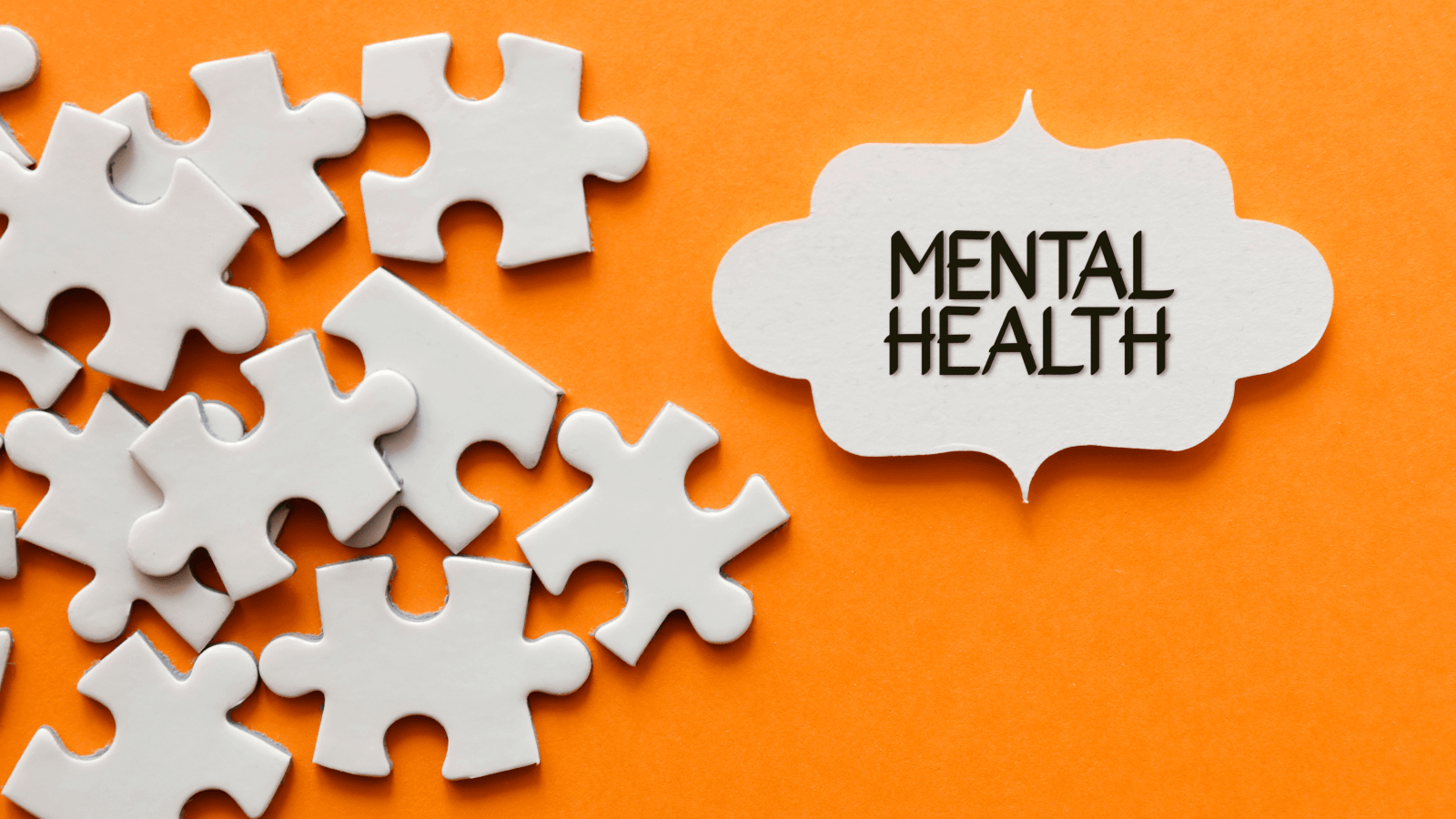How Does Mental Health Affect Our Overall Lifestyle
Mental health refers to the emotional, physical and psychological well being of an individual. It depicts one’s ability to cope with stress, lead a physically and emotionally healthy life, and deal with problems rationally. It further impacts how we think, act or feel not only about the big stuff but also everyday things.

Let’s have a look at the ways in which our poor mental health can affect our lives:
- Emotionally - Sometimes, it is difficult for us to comprehend our emotions. We might be feeling a particular way but do not know the reason for it. We may also experience mood swings in short intervals which can be overwhelming for us as well as our close ones. Such situations can be indicators of poor mental health.
- Physically - Our mental and physical health are highly co-dependent. Poor mental health negatively impacts our physical health and its symptoms can be experienced in our day to day lives. For example, you may experience unexplainable pains or aches due to issues in the signalling pathways in the brain. In addition, diseases like heart disease, type 2 diabetes, and stroke are commonly caused in people with poor mental health.
- Psychologically - Issues like depression, anxiety and sleep disorder can be the psychological impacts of poor mental health. Our negative and overwhelming thoughts may lead to lack of concentration or memory problems.
Stigma Associated with Mental Health
The challenge of mental health in India is two-fold: lack of awareness and lack of resources.It is seldom given any significance in the health sector. People dealing with such issues are considered outcasts and their problems are rarely addressed.
Below are some of the problems arising due to the stigma around mental health:
- Prevent people from seeking help.
- Unavailability of proper mental health services.
- People are less likely to talk about their problems and sufferings.
- People with poor mental health not being able to receive help are less likely to evolve into productive citizens.
- Getting mental health service is considered a luxury and not a basic human right because of the unaffordability.
Mental Health Awareness
Over the years the topic of mental health has evolved from a taboo into an acceptable conversation which is widely spreading across the world. This has also been made possible with global initiatives and celebrations like ‘World Mental Health Day’ on 10th of October and ‘Mental Health Awareness Month’ in May, every yea
WHO quotes, ‘The overall objective of World Mental Health Day is to raise awareness of mental health issues around the world and to mobilise efforts in support of mental health.’
Therefore, this day is celebrated globally in order to bring people's focus on the importance and necessity of maintaining good mental health. Similarly, the U.S.A also started celebrating the ‘Mental Health Awareness Month’ in 1949. Since then every year the month of May is celebrated to create awareness about mental health among the citizens of the U.S.A. This is done by sharing personal stories or experiences through several platforms like blogs, videos, social media and national events.
Ways of creating mental health awareness around you:
- Talk about mental health freely. Share your knowledge on the subject and make others feel comfortable to talk about it too.
- Educate yourself and others about the early signs and symptoms of deteriorating mental health.
- Provide a safe space to your family and friends so they feel more inclined to share their thoughts and feelings with you.
- Don’t be judgemental around anyone’s decisions, negative thoughts and feelings. Be a good listener.
- Promote positive self-esteem among children and people dealing with poor mental health.
Improving Your Mental Health
Do basic and Be more
- Stay positive- Although many times it is difficult to have a positive outlook about things, you can try to nourish positive thoughts in your life with practice. Remember that it is a gradual process.
- Take care of your physical health- Consume a healthy and nutritious diet. It will work as a stress buster and improve your mood.
Start your therapy
Therapy is a method of treating mental health disorders and emotional problems. It helps an individual to feel better physically, emotionally and psychologically. Although therapy is a gradual process it enables people to shut negative thoughts and deal with the problems more maturely.
Learn these 4 things from Bhagavad Gita for Good Mental Health
- “Yoga is the practice of tolerating the consequences of being yourself.” The regular practice of yoga is said to do wonders for any individual. It can free your mind from distress and enable you to lead a mentally and physically healthy life
- “Little by little, through patience and repeated effort, the mind will become stilled in the self.” It is important for each one of us to follow our own paths. To maintain a healthy mind you need to know and understand yourself. Your values, learnings and knowledge change with time. Thus, you must practise patience and put efforts in exploring what you’re naturally inclined to.
- “Renounce the fruits of labour.” Often it’s easier for us to eagerly await the prospective outcomes or results of our work and responsibilities that we tend to affect our mental health. The emotions associated with such waiting can become difficult to handle. Hence, the focus must be on fulfilling the duty and not receiving the fruit for it.
- “Through meditation, the higher self is experienced.” The Gita tells us to dedicate time to breathing. Close your eyes and simply do nothing but focus on your breath to control your mind’s attention. It will enable you to harmonise your head and heart.